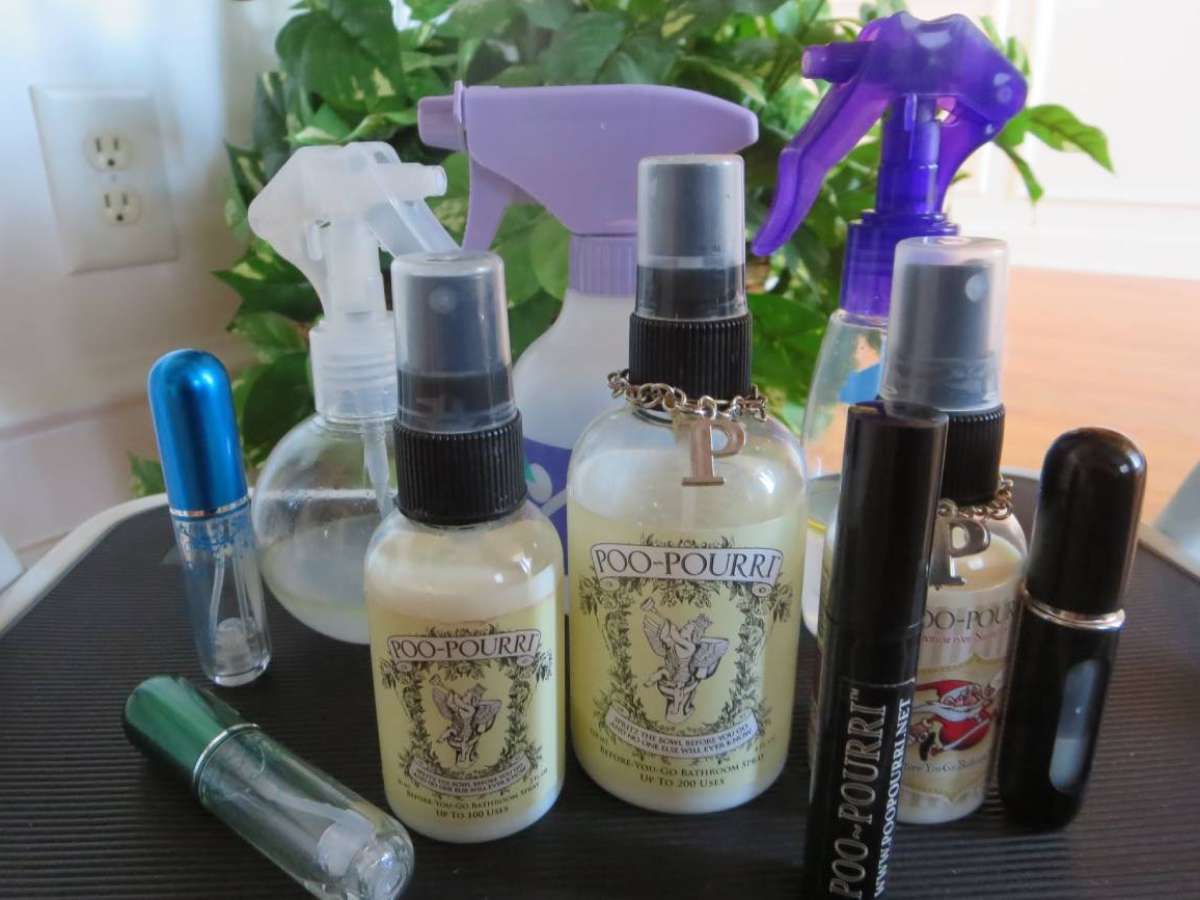What’s better… a salt water pool or a chlorinated pool?
Boy, that question will bring out a dozen different opinions!
Looking through the information available on the Internet alone (see the list of links at the end of this article), one can easily become overwhelmed. Passions seem to run both ways as to which is better — salt vs. chlorine.
PROS: Good Things About A Salt Water Pool
Salt pool systems became popular because:
- They’re very low maintenance — at first.
- They require very little in the way of expensive chemicals or day-to-day upkeep.
- The convenience of always being swim ready and always having soft water sure beats the harsh red eye and dry skin experiences that can result with a chlorinated pool system.
After a swim in a new salt water pool, most people could easily be convinced that a salt pool system is the way to go.
But, how would things measure up 3 years after you’ve converted your chlorine pool system to a salt pool system?
Here are some things to think about…
CONS: Downsides Of A Salt Water Swimming Pool
Any salt-rich environment is going to be hard on components. There’s no doubt about it, salt speeds up wear & tear. (But hang tight — there is some good news at the end of this post!)
Case in point: I once bought a car that had spent its 5-year life on an island in the South Pacific. The last 4 inches of the trunk lid had literally dissolved away. This was a common occurrence, thanks to all the salt in the air.
Back to your 3-year-old salt pool system…
In that first 3 years, you will likely be faced with several issues:
- Chances are, the deck around your pool will turn to mush and need to be replaced.
- Not unlike the highway salt that destroys bridges and freeway supports over time, any concrete, brick, or stone facing around your pool will likely become coated with a powdery flaking material and mortar will weaken and eventually fall out.
- A minor water leak around the pump in a chlorine pool system would be a simple nuisance that could be ignored without fear of further damage. But with a salt water system, a leaking pump would likely seize up within a few days and need to be replaced.
- Don’t forget the diving board and pool ladders. Metal parts and that nice chrome finish can disintegrate in a matter of months and the weakened structures may need to be completely removed after about a year.
- Pool lights, basketball hoops, even that nice looking lawn furniture — can all be destroyed by salt. Anything within 20 feet or so of a salt water swimming pool is destined to have an extremely short lifespan.
What About Chemical Savings?
Now, let’s look at the savings in chemicals over that same 3-year time period…
Yes, you will save on monthly chemicals that a chlorinated pool system requires.
But… after putting salt through your pool’s chlorine generator cell for 3 years, you will have decreased its life and a new chlorine generator cell will soon be necessary. That expense will pretty much wipe out any savings from chemicals that you might have initially experienced.
This video explains how chlorine generator cells work, and what makes them fail:
Now For The Good News…
Many of these types of corrosion issues pop up when an existing pool that was designed for chlorine is converted to a salt water system. IF the original construction didn’t account for corrosive materials (such as salt), then the effect of continual salt saturation can quickly destroy much of your pool.
However, much of the above kinds of damage from salt can be avoided by building from scratch with materials known to withstand the effects of salt.
In the end, deciding between a salt pool system and a chlorine pool system means doing some homework first. It’s important to understand the long-term cost implications before you jump in and convert a chlorinated pool to a salt water pool.
A word of advice from an experienced pool repair man:
If a salt water pool has ten times as much salt as a traditional chlorine pool then this means that the rate of galvanic corrosion also increases ten times when you switch to salt water. Doesn’t this sound like the kind of thing that someone should have mentioned to you when you asked about adding salt water to your pool? I sure think so, but even today you don’t need to look very far to find a pool guy boasting all about how “salt water pools are maintenance free” or “salt water is better than chlorine”. Salt water is not better than chlorine. Salt water is chlorine.
– Source
More About Salt Water Pools
In addition to the links I’ve included above, here are some other resources to help you decide if it makes sense to convert your chlorinated pool into a salt water swimming pool:
- Salt Water Pool Systems: Facts From A Swimming Pool Expert
- Pros & Cons of Salt Water vs. Chlorine Pool Systems
- Salt Water Systems vs Chlorine In Swimming Pools
- Myths, Maintenance & Problems With Salt Water Pool Systems
- Downsides Of Salt Pools
- Salt Water Pool Scandal: What’s The “Greenest” Swimming Pool?
I’ve been involved in RVing for 50 years now — including camping, building, repairing, and even selling RVs. I’ve owned, used, and repaired almost every class and style of RV ever made. I do all of my own repair work. My other interests include cooking, living with an aging dog, and dealing with diabetic issues. If you can combine a grease monkey with a computer geek, throw in a touch of information nut and organization freak, combined with a little bit of storyteller, you’ve got a good idea of who I am.





